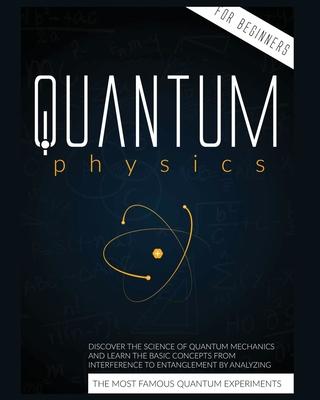Is it possible for two objects to be in two places at once? Can cause and effect happen in reverse? Is time travel possible?
Believe it or not, it is possible: welcome to the Quantum World!
Unlike other arguments, however, the real difficulty is not in understanding, but in accepting something completely senseless, precisely in the right meaning of the term: not sensible, that is, contrary to the perception of our senses. You will notice that quantum mechanics is much "easier" than the theory of relativity.
In fact, you could get a child to help you digest certain concepts. The great difficulty does not lie in their complexity, but their absurdity in terms of logic acquired after many years of existence in a world that constantly follows certain rules. The more the brain is free of preconceptions and ingrained notions, the better it is.
You will learn:
- The Double-Slit Experiment;
- Quantum wave function;
- Feynman's works;
- The relation between waves and particles;
- The Heisenberg Uncertainty Principle;
- How particles can be in multiple places at once;
- Quantum entanglement;
- The Schrdinger's cat thought experiment;
- The Copenhagen interpretation and need for an observer;
...and much more!
Quantum Physics is at the basis of all the technological innovations of today, from atomic energy to computer microelectronics, from digital clocks to lasers, semiconductor systems, photoelectric cells, diagnostic and treatment equipment for many diseases. In short, today we can live in a "modern" way thanks to Quantum Physics and its applications.
This comprehensive beginner's guide to quantum mechanics explains the most important and stunning quantum experiments that show quantum physics is real.
Are you ready? Let's dive deep into the fascinating science of Quantum Physics.
Buy it now and get your copy!
